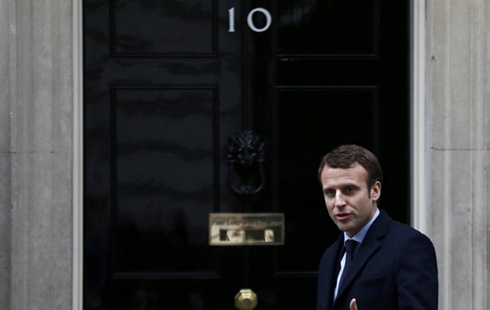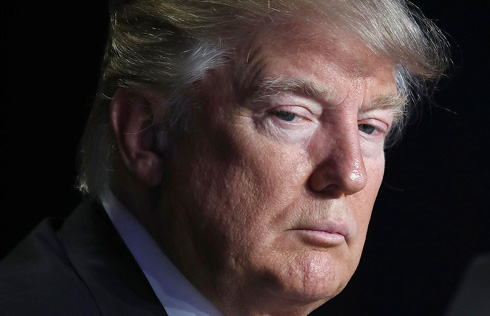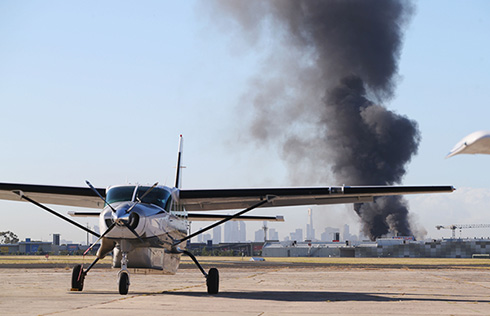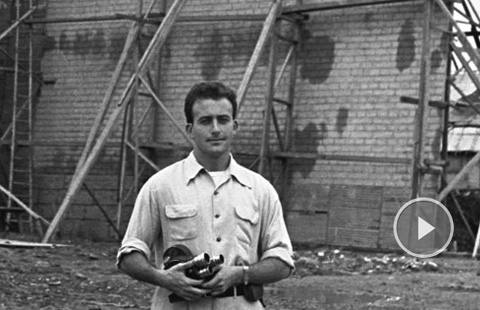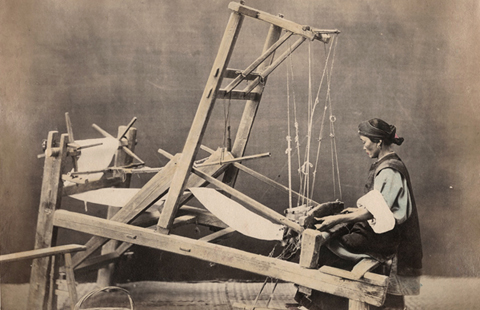Iran nuclear talks still in stalemate
No progress reported but both sides 'positive' in Almaty discussions
With no deal in sight and remaining differences between Iran and the world powers over the Islamic republic's nuclear issue after the latest round of talks in the Kazakh city of Almaty, analysts said both sides demonstrate "positive will and gestures" to keep the diplomatic track alive for further negotiations.
Although no dates were set for the next round of talks and no breakthrough was achieved, both sides remained committed and conducted intensive discussions this time, which could be seen as "a kind of development and progress", said Li Guofu, director of the Center for Middle East Studies at the China Institute of International Studies.
However, the talks between Iran and the six powers have entered "the deep-water area", which means a crucial stage where the parties begin to touch upon more substantive matters, he added.
The six powers are the United States, Russia, China, France, Britain and Germany.
The two-day nuclear talks between Iran and the so-called P5+1 group (the five permanent members of the UN Security Council plus Germany) in Kazakhstan's largest city concluded on Saturday with both sides saying that the gap in views over the key points could not be bridged, as Iran and the P5+1 group remained "far apart" on key issues, Catherine Ashton, the European Union's head of foreign policy, said at the end of the meeting.
Iran and the six world powers resumed nuclear talks in late February in Kazakhstan after a break of nearly eight months.
Upbeat voices can also be heard. Deputy Minister of Russian Foreign Affairs Ministry Sergei Ryabkov called the talks a "step forward" although no compromise was reached. But he added that it was premature to name a date and venue for further talks.
China considers the talks as "constructive and meaningful", according to Ma Zhaoxu, assistant minister at the Foreign Affairs Ministry, who led the Chinese delegation.
Beijing will continue to work with relevant parties to seek a political solution to the Iran nuclear issue, he added.
Iran released a statement following the conclusion of the second round of Almaty talks saying "some good negotiations were conducted", and it is now up to the representatives of the six countries "to demonstrate the willingness and sincerity to take proportionate confidence-building steps".
Although no specific date and venue was designated for the follow-up meetings, the Iranian chief nuclear negotiator Saeed Jalili said that his country stressed the continuation of talks and Ashton will contact him later to discuss how to proceed with the negotiations.
But the Iranian side still addressed the existing distance between the positions of the two sides. Teheran has announced as much on numerous occasions, stressing the rights of the Iranian people including the right to acquire nuclear technology for peaceful uses, including uranium enrichment and an end to behavior that is a sign of enmity toward the people of Iran, according to the statement.
"Either 5 percent or 20 percent uranium enrichment is part of the Iranian nation's right" and as a means to building confidence, the West should give up its "hostile attitude" toward the Islamic republic, Jalili said in an apparent reference the sanctions that have been imposed against the country for years.
Ashton, who chairs the group of six major powers negotiating with Teheran, said at the end of the meeting the purpose of sanctions is to put pressure on Iran to see if this process works.
"The priority for both sides is to keep the diplomatic track alive until after the Iranian presidential elections," said Shashank Joshi, a senior fellow and Middle East specialist at the Royal United Services Institute in London.
Iran will not leave the negotiating table under great economic pressure and at risk of international isolation, Sadeq Zibakalam, a professor of political science at Teheran University, told Xinhua earlier.
Xinhua and Reuters contributed to this story.






